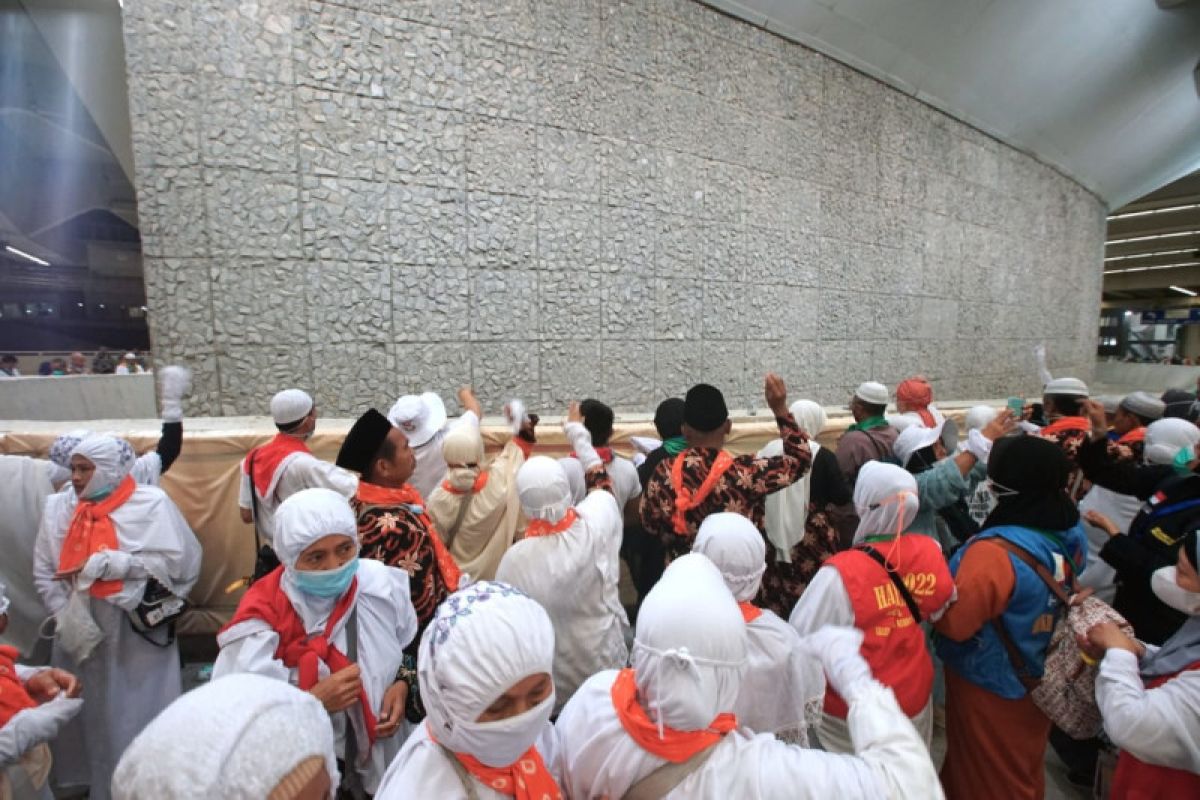"Their work was extraordinarily helpful for our pilgrims," Qoumas said in Mina, Sunday.
During his visit to the health service post in Mina, the Hajj Health Center told Qoumas that health workers were one of the keys to the success of Hajj services.
"They were very ready despite many rules that actually hindered the movement of health services, However, our health workers could handle the job. For example, ambulances were not allowed to enter, empty wheelchairs were not allowed to enter but our health workers managed to handle the job," the Minister stated.
He said that Mina was one of the challenging locations since many pilgrims fell ill due to fatigue which triggered other diseases.
The Head of the Hajj Health Center, Budi Sylvana, said that the jumrah procession was a critical period for Hajj pilgrims since many of them were tired and needed help from health services.
The fatigue factor is believed to be the trigger for comorbidities in elderly pilgrims, especially those who have heart disease.
"From yesterday until today, six of our pilgrims have died due to exhaustion and dehydration, which caused more severe heart disease," Sylvana noted.
The majority of sick pilgrims who received treatment at the Mina Health Post suffered fatigue and dehydration. Meanwhile, the number of pilgrims being treated is 62.
Previously, the death rate for Indonesian pilgrims was quite high. In the last 15 years, there was almost no significant decrease in the death rate of Indonesian pilgrims. With a quota of around 220 thousand pilgrims, about 300-400 pilgrims die per year, Sylvana informed.
Furthermore, the government targeted the 2022 Hajj pilgrim death rate to fall to one out of every 1,000 pilgrims.
Related news: Qoumas lauds improvement in Hajj facilities at Arafat Plain
Related news: Ministry readies online complaint service for 2022 Hajj pilgrimage
Translator: Desi Purnamawati, Resinta S
Editor: Suharto
Copyright © ANTARA 2022












